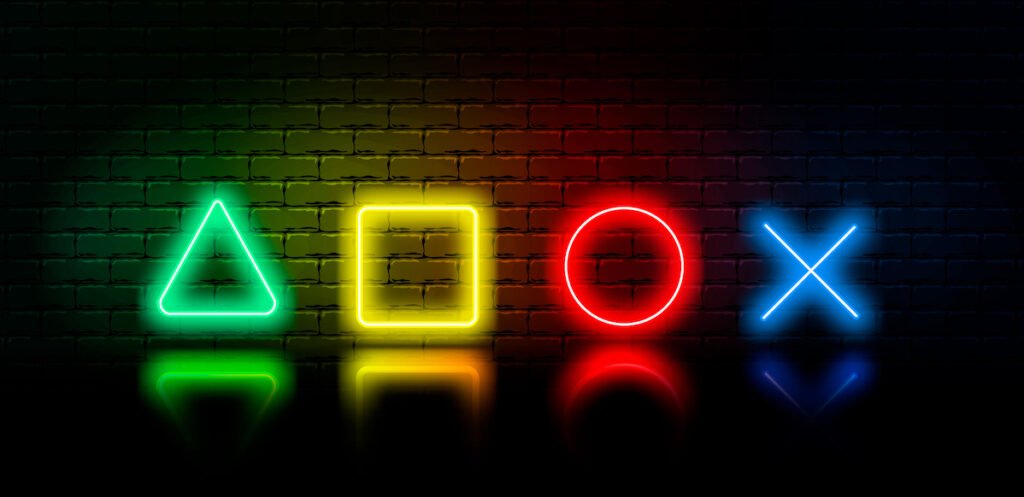Patent Reveals Sony’s Ambitions for NFTs and Cross-Platform Play
Sony, the multinational conglomerate behind the immensely popular PlayStation gaming consoles, has quietly filed a patent application in the United States concerning NFTs in the gaming space. Filed in September 2021 and recently published, the application outlines a standardized digital infrastructure aimed at allowing gamers to hold and transfer digital NFT assets across multiple gaming platforms.
The document suggests that the standardized digital assets could range from in-game skins and avatars to weapons and skills. Importantly, these digital assets would be transferable across an array of devices, including not just gaming consoles from Sony and other manufacturers, but also VR and AR headsets, smart TVs, and mobile devices. With a current user base of 112 million on its PlayStation Network, this move signifies Sony’s efforts to address the technical limitations that restrict the interoperability of digital assets across various games and platforms.
A Shift in Ecosystem Dynamics?
Sony has traditionally maintained a walled garden around its PlayStation Network, reluctant to enable cross-platform features. However, the gaming giant eventually permitted cross-platform multiplayer capabilities in response to mounting pressure from the gaming community. This development marked a significant shift, primarily driven by the success of cross-platform games like Fortnite by Epic Games.

The new patent application may indicate another step toward opening up Sony’s ecosystem, especially concerning digital assets. The document explicitly states that contemporary gaming console systems are “technically insufficient for the owner to access assets across different games and/or platforms.” With blockchain technology, which underpins NFTs, being touted as a possible solution to such limitations, the patent filing suggests Sony’s consideration of a more open asset ecosystem.
Public Response and Industry Impact
The incorporation of NFTs and Web3 technologies in gaming remains a topic of considerable debate. While some argue that such technologies could offer gamers more control over their digital assets, others voice concerns over potential crypto scams and excessive pricing for high-profile NFTs. Game publishers like Ubisoft and Square Enix have already encountered significant public backlash for their endeavors into the NFT space.
Sony has so far remained cautious, publicly distancing itself from the NFT sphere. In 2022, Grace Chen, Sony’s vice president of network advertising, loyalty, and licensed merchandise, explicitly stated that the company’s PlayStation Stars loyalty program has no connection to NFTs or blockchain technology. However, the recent patent filings indicate that Sony is exploring the potential of NFTs and Web3 technologies, even if the company has not made any public declarations to this effect.
In conclusion, while the public sentiment surrounding NFTs in gaming remains mixed, Sony’s recent patent filing could be a precursor to more significant changes in the industry. It offers a glimpse into the potential future of digital assets in gaming, one where asset ownership and transferability are not confined to specific platforms or servers. Whether this will lead to the mass adoption of NFTs in gaming or remain a divisive issue is yet to be seen. Regardless, Sony’s tentative steps into this emerging area could signal a broader industry shift in the years to come.



